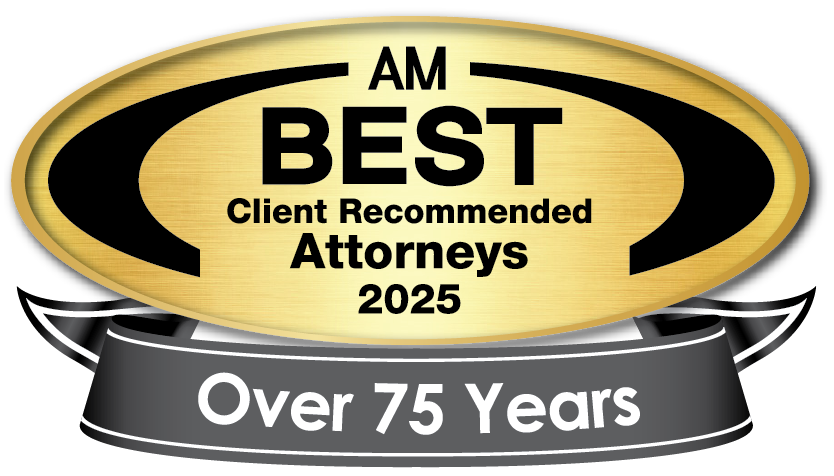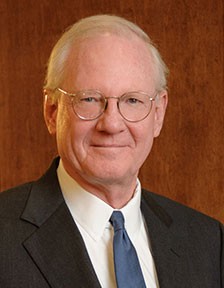Trucking Litigation
As experienced litigators, Lanier Ford’s attorneys understand the complexities involved in litigating catastrophic trucking accidents: common-law negligence, wrongful-death claims, severe- and catastrophic-injury claims, regulations issued by the Federal Motor Carrier Safety Administration and the U.S. Department of Transportation, and potential products liability issues. As they thoroughly analyze these unique and challenging cases, our veteran trial lawyers proactively respond to the demands of such cases by focusing on effective communication with—
- Trucking companies.
- Insurance companies and their investigators and claims administrators.
- Law-enforcement personnel.
- Expert witnesses.
- Fact witnesses.
That’s because our attorneys know that such cases can create significant financial burdens for our clients if there is an adverse jury decision. They understand that, in trucking-accident cases, the jury’s verdict for a catastrophic personal injury may include—
- Medical expenses.
- Lost wages and loss of potential earnings.
- Pain and suffering.
- Loss of consortium (also known as loss of a spouse’s companionship).
- Damage to equipment, freight, and even the highway system itself.
- Other economic and non-economic relief.
- Indemnification claims.
And the potential financial burden can be larger if a wrongful death claim is involved, especially if the case is decided by an Alabama jury.
Furthermore, our attorneys understand the public’s general bias against large corporations, the trucking industry, and truck drivers. This background often encourages opposing counsel to be aggressive when pursuing trucking-accident cases, not hesitating to put the trucking company on trial and driving the company out of business.
For this reason, our defense attorneys are equally aggressive and thorough, especially in pursuing a proper truck-accident investigation, which may involve the following:
- Preserving all evidence.
- Obtaining police and other agency reports, especially when the driver has been charged with a crime because of the accident.
- Obtaining witness and coroner reports.
- Obtaining “black box” data from the truck’s electronic control module (ECM), event data recorder (EDR), sensing and diagnostic module (SDM), or global positioning system (GPS).
- Reviewing the motor carrier’s and driver’s background (licenses, insurance coverage, safety record, driver medical records, training, history of violating regulations).
- Claims of damage to freight and property.
They also skillfully prepare the case for trial, mediation, or arbitration through—
- Developing creative and forward-thinking defensive strategies for a cost-effective end result that preserves the reputation of the client.
- Careful analysis of substantive law, with close consideration to the choice of venue for the case.
- Securing and thoroughly vetting expert witnesses and accident reconstructionists and engineers. This is a critical step in preparing for the first major undertaking of litigation: discovery (interrogatories, production of materials, and depositions of the witnesses).
- Being prepared to settle the case at any stage if it is in the best interest of our client and if the client agrees after careful and transparent consultation.
Lanier Ford’s attorneys are prepared to defend self-insured trucking firms or insurance companies and their insured intrastate and interstate transportation carriers of all types: common, contract, private, local delivery, freight, passenger, and public transportation. We are also prepared to represent truck manufacturers, component manufacturers, repair facilities, trucking service providers, and others involved in the trucking industry. Finally, we are prepared to represent clients involved in the following situations (among many others):
- Wrongful death or catastrophic personal injury, including those involving multiple vehicles, multiple claimants, multiple defendants, or a combination of these.
- Negligence in adhering to state and federal regulations and laws, including the failure to properly keep and file reports.
- Driver fatigue and other violations of industry safety standards, such as proper placarding.
- Negligent hiring and training of drivers (including proper screening).
- Negligent transportation of hazardous materials, resulting in spills of toxic substances (diesel fuel, chemicals, waste products).
- Failure to properly repair and maintain equipment.
- Defective parts (including defective design of parts).
- Damage to freight and goods being shipped.
- Damage to property associated with the transportation system (bridges, street lights, barriers, traffic control devices, power poles, transformers, solar power collectors).
- Construction zone accidents.
- Third-party claims against carriers, as when personnel at the delivery point are injured while unloading freight, a passenger sues the carrier when harassed or injured by other passengers, or a truck enters a danger zone created by another carrier and damages rescue equipment.
- Accidents involving jackknifing, crossing the median, turning or backing, bad weather and icy road conditions, running over pedestrians, rear-end collisions, head-on collisions, and equipment failure (blown tires or overheated brakes).
Regardless of the complexity of the case, Lanier Ford attorneys are known to possess the knowledge, skills, and determination to provide the best defense possible.
© 2019





